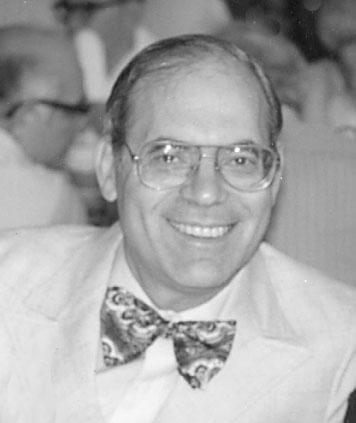By Alex Berger
You cannot blame native Americans for not getting excited about Columbus Day. More than 500 years ago, there were no taxes, national debt or foreign entanglements and the women did all the work. What they cannot understand is how anyone ever thought they could improve upon a system like that.
Columbus Day falls Oct. 12. Because I try to be non-controversial, I planned to skip my annual column honoring our “first immigrant” and remain above the fray. My decision to ignore would save the U.S. Postal Service the burden of delivering letters from readers expressing their views about ol’ Chris. But I like adventure, so I will bite the bullet and sail headlong into the unknown.
For many years, scholars have debated the role Columbus played in the saga of mankind. Some historians view him as Eurocentric, while others label him a murderer, rapist and “mad fake.” His discovery of America, they contend, was “the beginning of a holocaust.”
Some native Americans equate the navigator’s voyage with the exploitation of their people. “His ‘discovery,’ opened the door for Europeans to rob, trick and steal land from them. You can’t discover what was already here,” some contend. “There is proof that other explorers from Africa had already sent flotillas that landed in the Americas 150 years before Columbus. Consequently, the celebration of Columbus Day is a fraud and should be discontinued.”
Because of the growing denial, the celebration of Columbus Day has been discontinued by many communities which are focusing more on modern Italy and the achievement of Italian Americans rather than on Columbus. But are these negative opinions a given that most Americans subscribe to?
Columnist George Will wrote that America is the most important thing that ever happened and Columbus’ role in bringing it to the world’s attention was a monumental achievement. Other historians have made it clear Columbus was the first who dared to venture into the unknown sea where even the most famous navigators of the time, the Portuguese, would not go. In doing so, Columbus brought the beginning of the Renaissance spirit of expansion and discovery to the world.
Other historical scholars also refute the “empty-headed factional rhetoric” of the contradictors. They say that sooner or later, someone else would have traveled the same path as Columbus. The need for expansion was a historical reality and Columbus’ successful efforts tripled the size of the known world.
Columbus was not a brutal man, despite the violence accompanying his voyages. In fact, he was replaced as administrator in Hispaniola, the first New World colony, because he was too mild and compassionate. Past actions by Columbus cannot be judged in retrospect on the basis of current values or laws, just as we cannot convict someone of a crime he or she might commit five years from now.
Today, African tribes still enslave other Africans in Africa, as do many other ethnics upon their minority ethnics, in other parts of the world. Certainly the genocides and massacres of today are more horrendous than anything that has been attributed to Columbus. Rewriting history does not mean arbitrarily ignoring certain facts. The pro-Columbus faction strongly urges we take a more historical perspective on the matter of Columbus and stop throwing our individual, racial and religious weight around to make gross and untenable points.
History is history no matter how it is warped by dissenters of various persuasions. Columbus achieved a positive, non-refutable, monumental discovery. The fact that the native Americans were here does not diminish that discovery. They rest their case. And the debate continues.
At this point, I must ask my erudite readers: Was Chris a genius/visionary spurred by intellectual curiosity or a greedy product of an era of exploitation? Was he the first to discover the New World or were others such as the Africans, the Egyptians, St. Brendan (the patron saint of the sailors), Leif Ericson, Buddhist monks and LeBron James the numero unos? Clear the decks before you ponder those enigmas.
But whatever your views, Columbus’ voyages marked the beginning of the one world in which we live. As William H. McNeill, vice chairman of the National Council for History Education put it, “No single man, no single event, ever affected the lives of so many people. And for this, I believe Chris should be fondly remembered.” Gloria, fetch me my crash helmet!
Contact Alex Berger at timesledgernews@cnglocal.com.
































